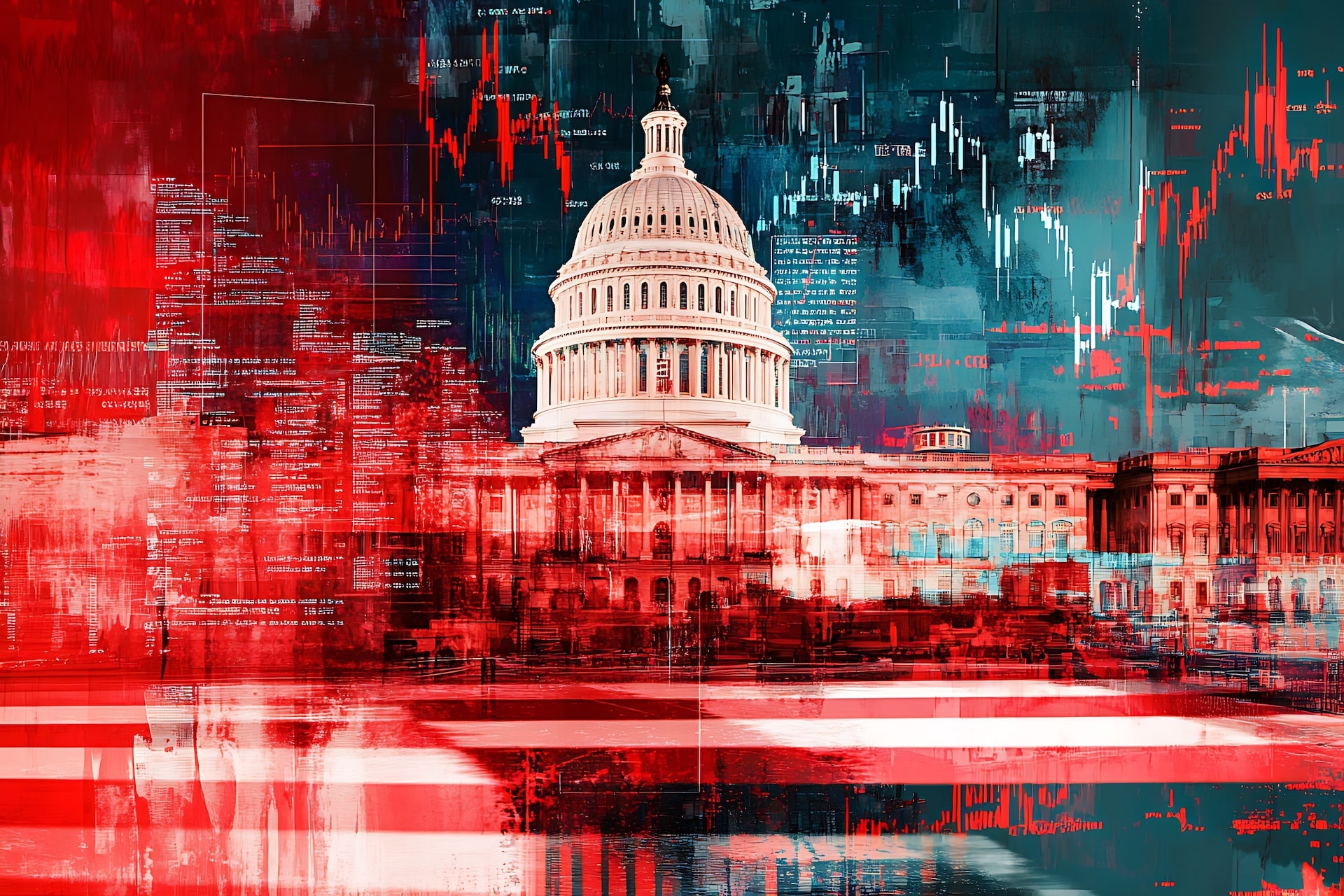Credit Sesame’s personal finance weekly news roundup August 5, 2023. Stories, news, politics and events impacting the personal finance sector during the last week.
- Job growth continues but slows
- Workers seek flexibility
- Buy now pay later programs often used in addition to traditional credit
- Visa seeks to limit credit card surcharges
- Heartland Tri-State Bank the latest to fail
- US government credit rating drops
- Job turnover slows
- Government sues auto lender
1. Job growth continues but slows
Employment in the United States continued its long growth streak in July. However, the pace of that growth has eased in recent months. The economy added 187,000 jobs in July, essentially the same as the 185,000 jobs added in June. Both figures are down substantially from May’s addition of 281,000 jobs. Employment has now grown for 31 consecutive months. These figures for recent months are below the 12-month job growth average of 312,000 jobs. This slower job growth may be good news. Unemployment is already low at 3.5%, and there are far more job vacancies than job seekers. More robust job growth at this point would add to inflationary pressures. See employment report at BLS.gov.
2. Workers seek flexibility
American workers increasingly favor jobs that don’t tie them to a particular location. According to an analysis by job-search platform Flexa, 88% of job seekers preferred companies with a “work from anywhere” policy. This kind of policy generally means employees are allowed two to four weeks a year outside the office from any location. This enables them to travel without using up vacation time. 59% of workers went even further, preferring to fully remote work. The percentages for “work from anywhere” policies and fully remote work are up from an April survey. See SeattleTimes.com.
3. Buy now pay later programs often used in addition to traditional credit
Rather than acting as an alternative to traditional credit, buy now pay later (BNPL) programs are often used by consumers alongside traditional credit like loans and credit cards. 54% of BNPL users also report having credit card debt. This makes them more likely to have credit card debt than non-BNPL users, 38% of whom have credit card debt. 33% of Americans currently use BNPL, up from 30% a year ago. An additional 12% say they intend to use BNPL in the future. See article at Forbes.com.
4. Visa seeks to limit credit card surcharges
Credit card issuer Visa is taking action against businesses that charge a surcharge to customers who use credit instead of cash. Visa is capping the additional amount businesses that use its payment processing system can charge for using credit at 3%. It also does not allow businesses to charge their customers a bigger surcharge than the amount the business pays to use the system. Visa even goes to the lengths of sending auditors to businesses to check whether they apply surcharges appropriately. See article at Fortune.com.
5. Heartland Tri-State Bank the latest to fail
A small Kansas bank has joined the list of 2023 bank failures. Heartland Tri-State Bank of Elkhart, KS, was closed on July 28. The FDIC reached an agreement with Dream First Bank of Syracuse, KS, to assume the assets and liabilities of Heartland Tri-State Bank. Customers of the failed bank can now access their accounts at Dream First Bank. Heartland Tri-State Bank had four branches and $130 million in deposits. The failure is expected to cost the FDIC’s insurance fund $54.2 million. See media release at FDIC.gov.
6. US government credit rating drops
Fitch, a credit bureau that issues ratings for institutions like governments and businesses, downgraded the United States’ credit rating. They dropped the US credit rating to AA+, just below AAA’s top credit rating. As with individuals, a reduced credit rating for the US government could result in it paying more to borrow money. Fitch moved despite Congress and the Biden Administration resolving the latest debt ceiling crisis a few months ago. The repeated fiscal brinksmanship plus deteriorating government finances were cited as reasons for the downgrade. US stocks fell in the days following the announcement. See article at Reuters.com.
7. Job turnover slows
Both new hires and separations from jobs slowed down in the latest Job Openings and Labor Turnover Survey from the Bureau of Labor Statistics. New hires slowed by 326,000, while job separations decreased by 288,000 in June. Most notably, the number of people quitting their jobs fell by 295,000. Overall, the job market remains robust, with unemployment extremely low and more job openings than job seekers. See details at BLS.gov.
8. Government sues auto lender
The Consumer Financial Protection Bureau (CFPB) has sued auto loan provider USASF for alleged illegal practices. USASF is accused of using a device to automatically deactivate borrowers’ vehicles, even if they didn’t default on their loans. The CFPB also alleges that USASF failed to refund some customers for prepaid insurance premiums once their loans were paid off and double-charged some borrowers for coverage. Another part of the complaint says that USASF improperly repossessed some borrowers’ vehicles. See news release at ConsumerFinance.gov.




















